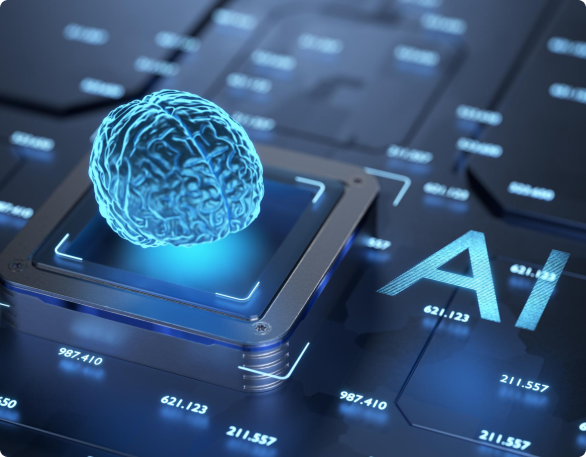AND COMPANY UPDATES
Talking about blockchain, web and
software development with expert knowledge.
Talking about blockchain, web and
software development with expert knowledge.

As Artificial Intelligence (AI) continues to permeate different aspects of our daily experiences, from autonomous vehicles to personal assistants, the ethical considerations surrounding its development have become increasingly significant. At PMPG, as a leading IT company at the forefront of innovation, we recognize our responsibility to explore the frontiers of technological progress and do so ethically and responsibly.
Ethical concerns in AI development include bias and fairness, privacy and data protection, accountability and transparency, and the potential impact on society. As developers, we must navigate these ethical complexities with care and consideration. One of the primary ethical considerations in AI development is bias and fairness. AI systems are only as unbiased as the data they are trained on, and if that data is inherently biased, it can perpetuate and even exacerbate existing inequalities. At PMPG, we are committed to addressing bias in AI by employing diverse and representative datasets, implementing fairness-aware algorithms, and regularly auditing our models for bias.
Privacy and data protection are also paramount in AI development. As AI systems process vast amounts of data, often including sensitive personal information, ensuring the confidentiality and security of that data is essential. We adhere to strict data protection standards and practices, such as anonymization and encryption, to safeguard the privacy of individuals and uphold their rights to data protection.
Furthermore, accountability and transparency are critical aspects of ethical AI development. Users must understand how AI systems make decisions and be able to hold developers accountable for their actions. At PMPG, we prioritize transparency in our AI systems, clearly explaining how they work and ensuring that users can contest or appeal automated decisions.
Beyond these technical considerations, PMPG recognizes the broader societal implications of AI development. From job displacement to exacerbating social inequality, AI has the potential to reshape entire industries and communities.
As such, we approach AI development with a human-centered mindset, striving to create technology that serves the greater good and promotes human well-being.

AI researchers have identified a handful of principles that can help guide the development of ethical AI. These principles still need to be legally enforceable, but they can still act as critical guideposts as AI creators navigate this new frontier.

In conclusion, AI development’s ethics present challenges and opportunities for PMPG and the broader tech industry. By embracing our responsibility to develop AI ethically and responsibly, we can harness the transformative power of technology to create a more just, equitable, and sustainable future for all. At PMPG, we are committed to leading the way in ethical AI development and setting a positive example for the industry.